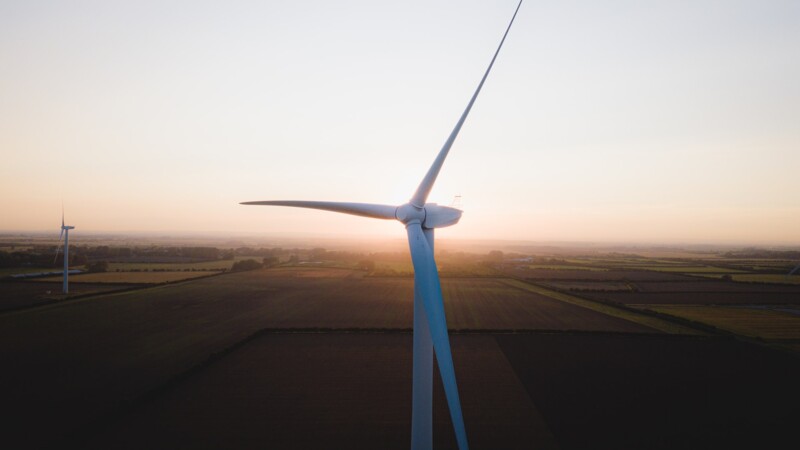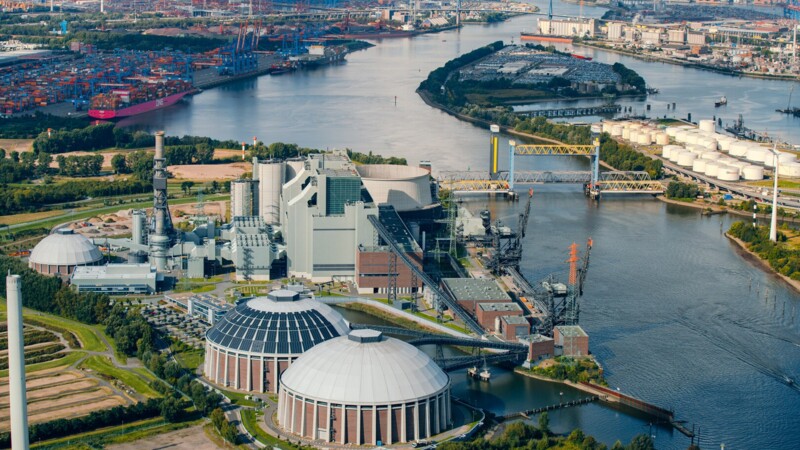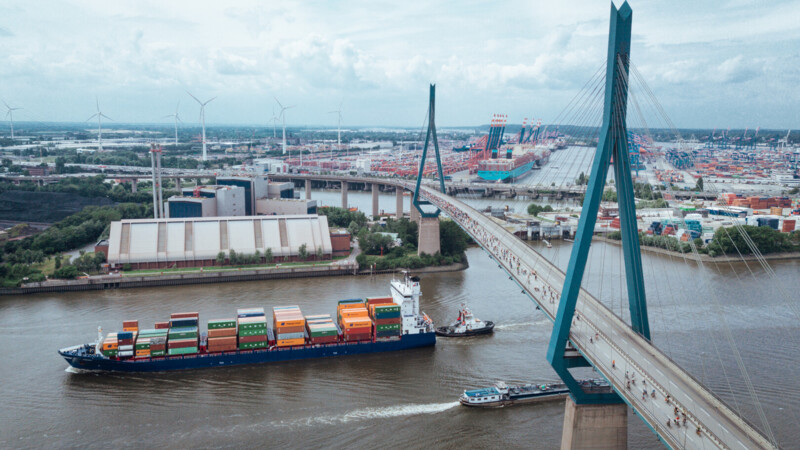The mobile platforms, known as Floating Storage and Regasification Units (FSRU), store LNG which can be converted into gas when needed. They had previously been brought into play by Robert Habeck, Germany's Minister for Economics to partially replace gas from Russia quickly and to ensure a secure supply. Germany has no means of importing LNG at present. Plans are being laid to lease three floating LNG terminals with more capacity from winter 2022/2023, according to the German government. Various ports in northern Germany, including Hamburg, are being considered for the terminals.
The City of Hamburg is scouring for sites on which to position floating liquefied natural gas (LNG) terminals to make Germany less dependent on imported Russian gas, the Ministry for the Environment announced in late March. The search is underway in consultation with the Germany Ministry of Economics, Hamburger Energiewerke, Gasnetz Hamburg and the Hamburg Port Authority.
Germany to import LNG directly
Good prerequisites in Hamburg
"As a port city, Hamburg would like to advance independence from imported Russian energy," said Michael Pollmann, State Councillor. The city offers advantages for building pipelines for an LNG terminal. "Our well-developed natural gas network and in the port as well mean the measures required for building a pipeline would probably be comparatively small scale," he noted.
tn/sb/pb
Sources and further information
More
Similar articles

Flexhafen project examines how to charge e-cars intelligently

Moorburg power plant could produce large amounts of green hydrogen

